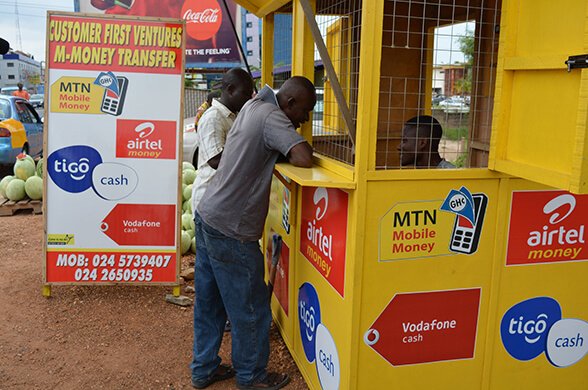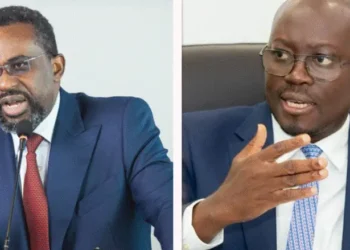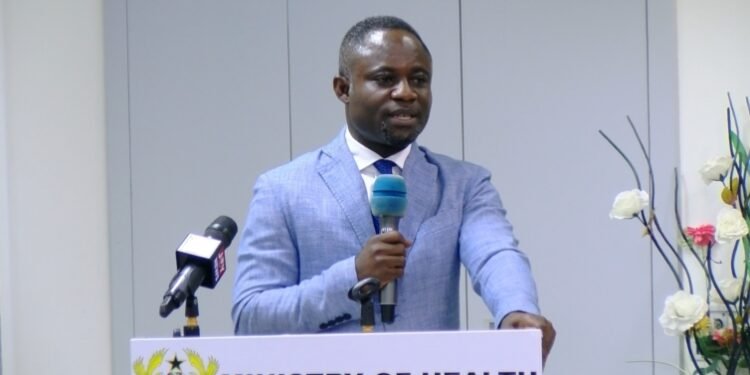Mobile money transactions in Ghana continue to play a transformative role in the financial sector, with the Bank of Ghana (BoG) reporting GH¢354.1 billion worth of transactions in August 2025. The latest figures, contained in the central bank’s Summary of Economic and Financial Data, highlight the resilience of digital payments in the face of ongoing economic challenges.
Although slightly lower than the GH¢355.4 billion recorded in July, the August total underscores mobile money’s role in Ghana’s financial system. The data also revealed that the number of transactions surged to 831 million in August, compared with 778 million the previous month. Registered mobile money accounts rose to 77.7 million, with 25.1 million classified as active users.
The BoG further disclosed that the number of registered mobile money agents reached 938,000 nationwide, of which 433,000 were active. Analysts say these figures demonstrate increasing confidence in mobile financial services as a preferred tool for payments, remittances, and day-to-day business operations.
Despite wider macroeconomic challenges, including cedi depreciation, inflationary pressures, and fiscal tightening, the central bank emphasized mobile money’s resilience in driving financial inclusion. The sector continues to create employment opportunities, improve government revenue collection, and reduce risks associated with cash transactions. Additionally, the growing reach of mobile lending platforms is expanding access to credit for both individuals and businesses.
The report reaffirmed mobile money’s central role in Ghana’s transition towards a cash-lite economy, positioning it as a pillar of the country’s digital financial ecosystem.
Mobile Money Spurs Inclusion And Innovation
Ghana’s mobile money market is on a rapid upward trajectory. Recent research valued the sector at approximately USD 192 billion in 2024, with projections estimating nearly USD 934 billion by 2033. This reflects a compound annual growth rate (CAGR) of 18.24% between 2025 and 2033.
With mobile penetration covering 82% of the population, including those using basic feature phones through USSD technology, mobile money services remain accessible to many people. This inclusivity enables millions to participate in savings, credit, transfers, and payment services without requiring traditional banking infrastructure.
Fintech innovations and telecom partnerships are further accelerating the sector’s growth. Major operators MTN, Telecel, and Airtel-Tigo have also expanded mobile money services to include microloans, savings, and insurance products. Strategic collaborations are also supporting seamless cross-border remittances, strengthening the system’s role in connecting Ghana to global financial flows.
In the first two months of 2025 alone, mobile money transactions reached GH¢649.2 billion, reflecting a remarkable 64.7% year-on-year increase. This surge has been partly attributed to the government’s removal of the Electronic Transfer Levy (E-Levy), which had previously discouraged many users. With this policy shift, user adoption has accelerated, and registered accounts have now surpassed 75 million.
As such, the BoG noted that the increasing transaction volumes, coupled with rising account activity, indicate that mobile money is not only a convenient financial tool but also a critical driver of economic participation. The sector’s consistent expansion is expected to play a more pivotal role in Ghana’s financial landscape, reinforcing digital inclusion and shaping the future of payments and credit accessibility.
READ ALSO: Asiedu Nketiah Rallies NDC to Back Mahama Led Administration






















